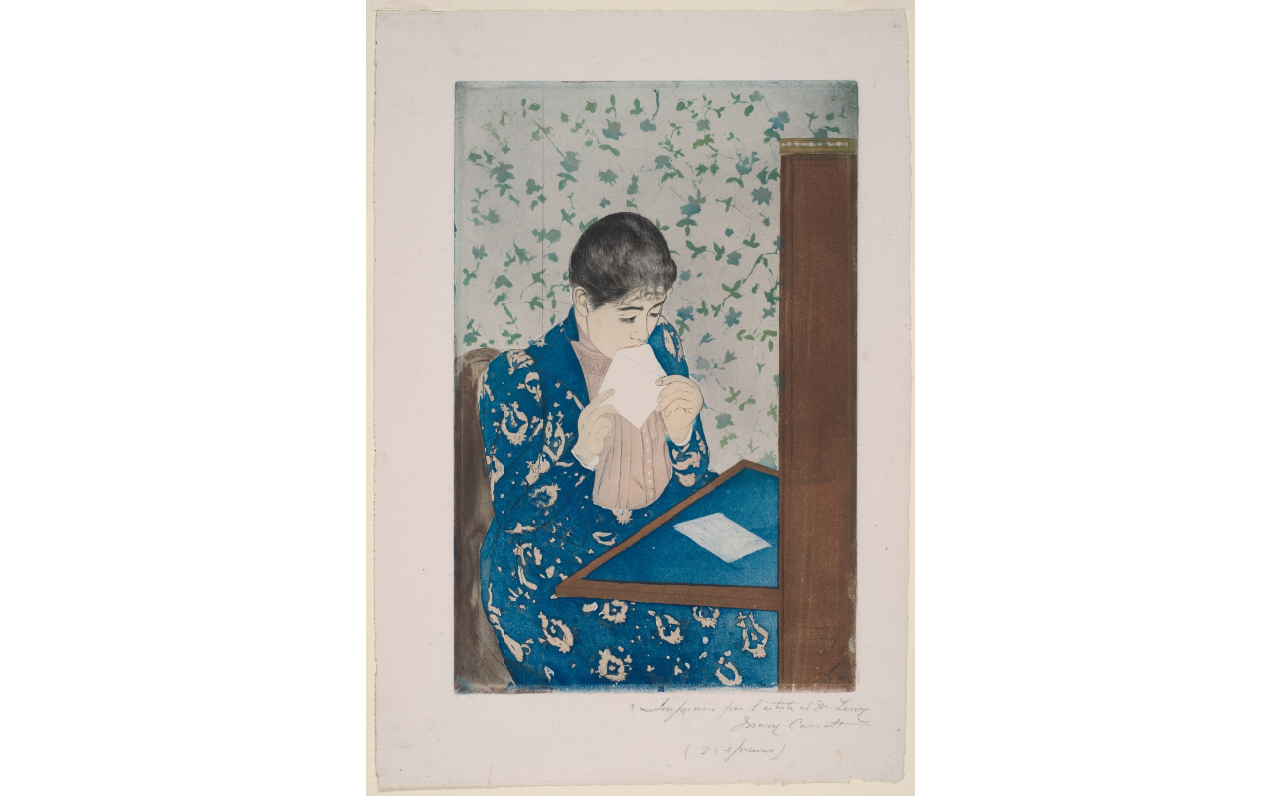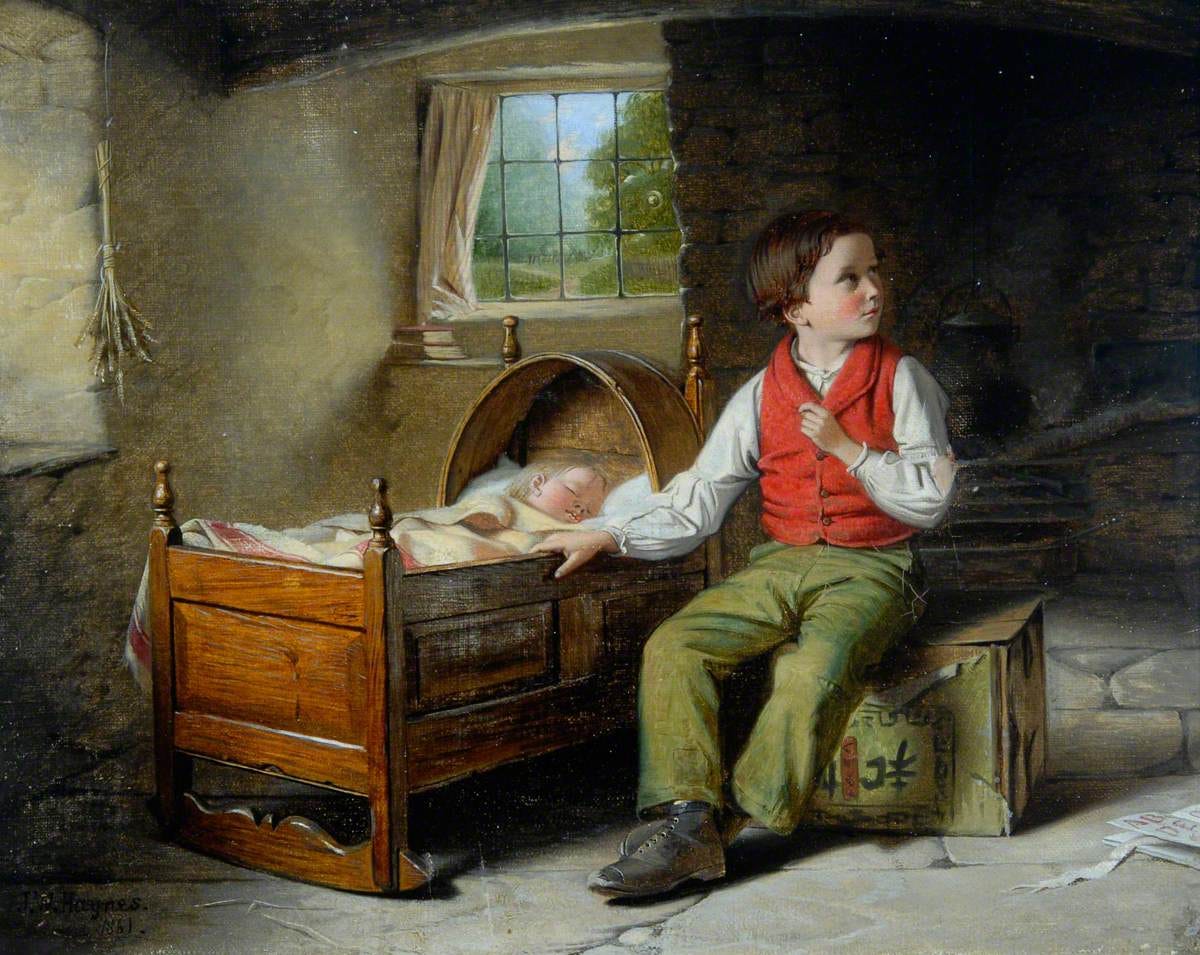Hello, my friends,
It’s been a week of illness for the whole Kagan household and beyond. Three out of four of us have vomited at least once, though whatever we had was apparently weak since all of us defeated it in a day or less. While I do enjoy the odd insect, I don’t count the 24-hour bug in that number. In any case, we persevere, rolling on with our lives as a hurtling train does on a clear downhill slope in brisk Swiss countryside.
In other news, the sumo tournament ended on Sunday, which seems so long ago, and Michael now has three favorite wrestlers (Ura, Endo, and Gōnoyama). He has good instincts for picking crowd favorites.
In doing some research for work, I came upon the hang drum (a musical instrument) and have been steadily listening to handpan music for the past couple of days (example here), though right now I’m listening to the recently released drumless edition of Daft Punk’s Random Access Memories. It’s not a transcendent album but the songs work surprisingly well without drums; the melodies and percussive effects of other instruments fill out the soundscape with catchy tunes, though unlike the 2013 original, it’s better for writing than dancing. Give it a listen if you liked the original and/or if you’re a fan of electronic music.
The Journal is the Destination
I’ve spoken to a few people about journaling lately and while I see it’s potential benefit, I have never been able to sustain the habit. Conversely, I find it not exactly trivial, but not too challenging, to write a newsletter of maybe 1500 words a week. The difference, to me, is the presence of an external audience. Even though the audience is not very big (HMF has 63 subscribers), I still feel like I’m in conversation with you whenever I unspool words in this space. In contrast, journaling is akin sitting at a coffee shoppé, sipping an espresso, and having a very meaningful conversation with myself; the deeper the conversation, the sillier it feels. Furthermore, why tell myself my opinion? I already know what I think.
Some people find that journaling helps them with reflection and self-discovery. I guess I’m not as much of an optimist as all that. Or maybe writing works differently for others than it does for me; I typically know approximately what I’m going to say before I sit down to it. The act of writing is mostly, as I wrote above, the labor of “unspooling” or decompressing the register tape of concepts already stacked in my brain. Don’t get me wrong, I’m no Jay-Z, writing rap verses completely in my head (though I have occasionally written poems that way), the exact phrasing of this newsletter is improvised and edited the normal way, but I don’t typically surprise myself. You know what has helped me with reflection and self-discovery? My limited experience with psychotherapy, conversations with friends, and long, hot showers.
Finally, after I write my journals am I really ever going to re-read them? Probably not, at least not en masse (I rarely re-read anything else I’ve written unless I’m editing it for re-publication). This is an interesting point, though, because it might actually be fascinating to respond to the same prompt at five-year intervals and only re-read my previous responses after writing the current one. Since I’m turning forty next year, I imagine I’ll have enough five-year intervals in my life to have a few entries for comparison.
Perhaps that’s the mutually-inclusive outcome to this journey of self-argumentation when it comes to journaling. I would be willing to do it but only far enough apart in time where my entries could enter in dialogue with each other. The principal is that talking to myself on a day-to-day basis would be boring, but not if there was enough time lapse that I might forget what I wrote before. Maybe I’ll try that. I suppose I do surprise myself sometimes.
Do you have any incisive journal prompts you’ve used? I need it for now and five years from now.
Vomitude
You know you’re no longer a new parent when your child barfs and, after making sure they’re okay, the conversation goes something like:
Parent A: I’m glad it didn’t get on the carpet.
Parent B (cleaning up): Yeah, and that it’s mostly big pieces and all in one place!
Life must be very difficult for parents who are unable to purge themselves of squeamishness around bodily fluids.
PB Yes!
I found something confusing recently: In two separate instances (on SNL and in a Substack newsletter I follow), the assumption was jokingly made that nobody watched PBS. Lots of truth is said in jest so I was mildly offended! What do they mean by making jokes about PBS that way!?! Michael watches the excellent shows on PBS Kids almost every day (I’m partial to Wild Kratts! myself), I follow several PBS channels on YouTube, and popular British series like Doc Martin and Downten Abbey came to the United States by way of PBS. The network has certainly never been as popular as the prime TV channels but do people really watch PBS any less than they used to?
Maybe this bittered my tongue because some people also speak this way about libraries. And they do it brazenly, with a lot of pride. “Oh, nobody uses libraries anymore, do they?” It’s a rhetorical question, of course. In response, I always have the urge to get aggressively in their face and demand “How exactly do you know that?” But I restrain myself because I know that it’s pointless. Realistically, people making off-hand statements like that rarely have any idea what they’re talking about; they mainly rely on their own experience — maybe they haven’t used, or even thought about, a library in a while. It gets tiresome to explain how libraries have changed since they were kids, how libraries have always been changing. How Ranganathan’s fifth law (“A library is a growing organism.”) has never been more accurate.
But then again, it’s easy to make assumptions. Some people think that the earth is flat.
They’re wrong.








I was taken on a tour of a small community library in Tokyo a few weeks ago. I think it was a Saturday.
First, wow was it funded. It reminded of my community library 50 years ago in Los Angeles. Gleaming, stacked with materials, and so many learning corners and interactive displays. Second, it was 80% filled with visitors, of all ages. I found it all reassuring that there still are working minds in this world.
I also never saw the sense in keeping a journal for the same reasons you suggest. But there was a several year period of my life after I got back from the Camino through when I moved to Maine where it became crucial to my evolving sense of self and purpose. I really understood the power of writing things down, longhand, even if I already (think I) know what they are. I say "think" because there's something in the act of journaling where we surprise ourselves, when we come to it with an open mind and heart. Writing things down, like making art, reveals them in ways that just thinking them doesn't.
Then after, I finished the first journal, I went back and read it through and highlighted the parts that still spoke to me and made a note about them on the flyleaf. Thus began a practice of repeating this. When I'd finish a journal, I'd go back and re-read the highlighted portions of the old ones, keeping what still seemed useful and crossing out on the flyleaf the stuff that hadn't held up, then highlighting in the new one.
I kept up this practice until the time when I went back and realised that nothing I'd written served me or felt true any longer. I felt at that point that I'd used that tool the way it had been meant to be used at the time, and that it had finished out its purpose.
I still have them, I doubt I'll reread them. But they were a great gift to me for several years in a way that I don't think anything else could have been.